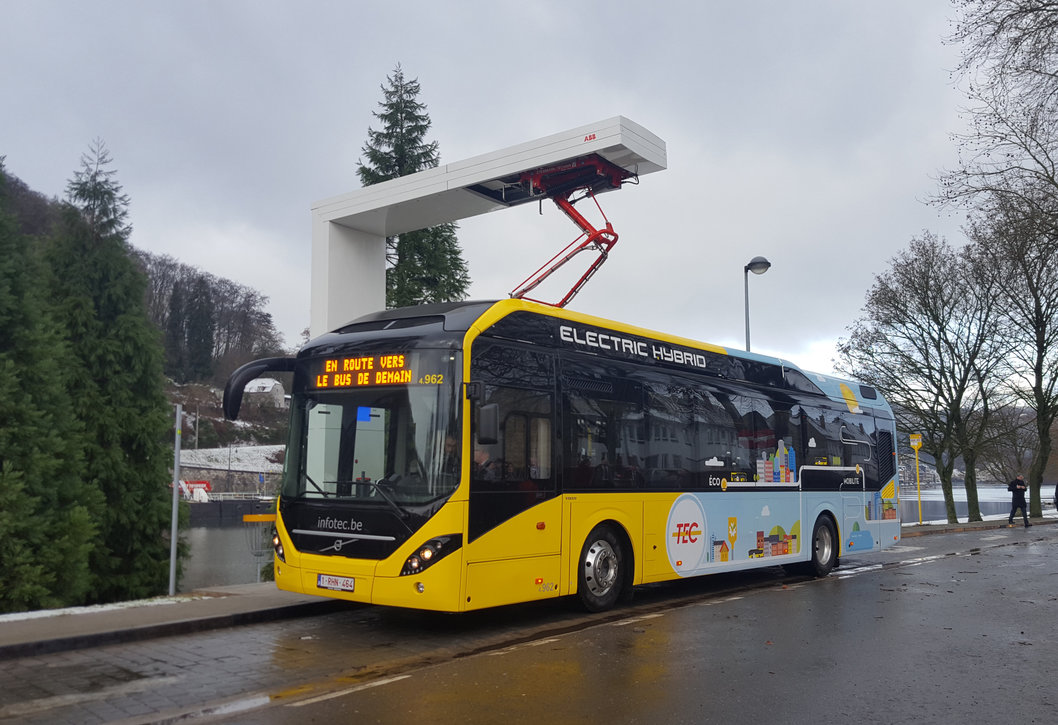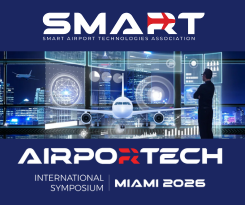
Photo: rsz_volvo_electric_hybrid_tec
Belgian cities invest in electric hybrid bus fleets
01 March 2017
by Nick Michell
The Belgian cities of Charleroi and Namur have together ordered 90 Volvo 7900 Electric Hybrid buses as well as 12 charging stations. The order was made through public transport company TEC Group and is Volvo Buses’ largest ever for complete solutions for electric buses.
“This order is very significant for Volvo Buses for two main reasons; it is the first order of electric hybrids on such a large scale and secondly it includes the charging infrastructure and associated services,” Bas Dubois, Director France Benelux, Volvo Buses, told Cities Today. “Uniquely these buses have a driveline that is able to have full electric propulsion as well as a hybrid propulsion that can be steered through zone management, which offers a flexibility to the operator.”
The order covers 55 buses for Charleroi and another 35 for Namur. ABB, a power and automation technology group, will supply four charging stations to Charleroi and eight for Namur, with delivery and installation beginning later this year.
The fleet purchase coincides with the European Union’s long-term objective to improve air quality. The adoption of electrified vehicles will help to mitigate harmful particulate and nitrogen oxides emissions that reduce air quality. Electric hybrid or pure electric buses reduce carbon emissions by 30 to 100 percent compared to standard buses.
“This strategic investment will participate in the improvement of the quality of life in the main city centres, and allow the Walloon Region to achieve its environmental goals,” said Vincent Peremans, CEO, TEC Group. “The hybrid technology is the best compromise between the operational constraints and the energy efficiency for urban buses today.”
The TEC Group previously ordered 11 Volvo 7900 Electric Hybrids along with charging stations for Namur, a system that became operational in January this year. Once the 35 new buses take to the roads, 90 percent of Namur’s public transport will be electrified.
Volvo’s electric hybrids and ABB’s fast-charging systems are based on a common interface known as OppCharge, whereby electrified buses from other vehicle manufacturers can also use the charging stations.
“We are convinced that many more cities in the region and the rest of the world will follow the example of Namur and Charleroi,” added Dubois. “We promote electromobility because we are convinced that this is the solution to the main urban challenges, such as congestion, air pollution and noise.”
The Volvo 7900 Electric Hybrid operates exhaust emission-free on electricity for about 70 percent of its route. Battery recharging takes 3 to 4 minutes with opportunity charging, while energy consumption is about 60 percent lower than a corresponding diesel bus.









